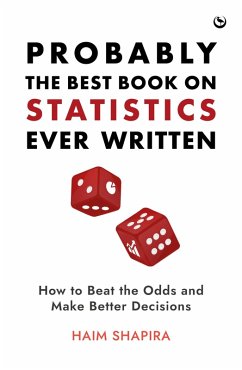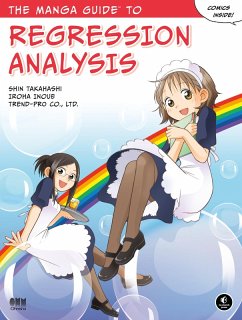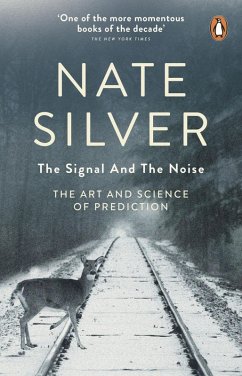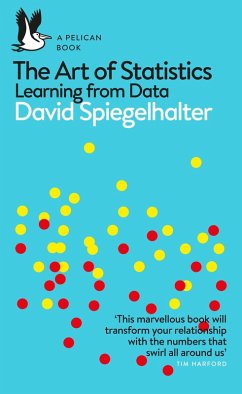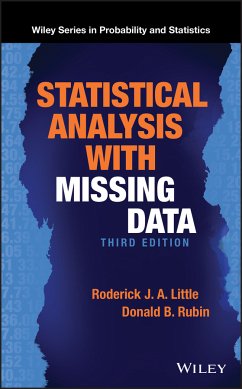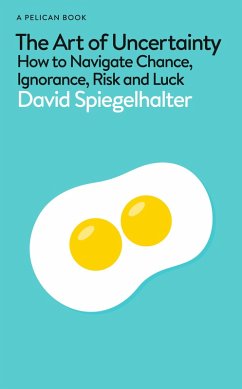
Statistics Done Wrong (eBook, ePUB)
The Woefully Complete Guide
Versandkostenfrei!
Sofort per Download lieferbar
11,95 €
inkl. MwSt.
Weitere Ausgaben:

PAYBACK Punkte
6 °P sammeln!
Scientific progress depends on good research, and good research needs good statistics. But statistical analysis is tricky to get right, even for the best and brightest of us. You'd be surprised how many scientists are doing it wrong. Statistics Done Wrong is a pithy, essential guide to statistical blunders in modern science that will show you how to keep your research blunder-free. You'll examine embarrassing errors and omissions in recent research, learn about the misconceptions and scientific politics that allow these mistakes to happen, and begin your quest to reform the way you and your pe...
Scientific progress depends on good research, and good research needs good statistics. But statistical analysis is tricky to get right, even for the best and brightest of us. You'd be surprised how many scientists are doing it wrong. Statistics Done Wrong is a pithy, essential guide to statistical blunders in modern science that will show you how to keep your research blunder-free. You'll examine embarrassing errors and omissions in recent research, learn about the misconceptions and scientific politics that allow these mistakes to happen, and begin your quest to reform the way you and your peers do statistics. You'll find advice on: Asking the right question, designing the right experiment, choosing the right statistical analysis, and sticking to the plan How to think about p values, significance, insignificance, confidence intervals, and regression Choosing the right sample size and avoiding false positives Reporting your analysis and publishing your data and source code Procedures to follow, precautions to take, and analytical software that can help Scientists: Read this concise, powerful guide to help you produce statistically sound research. Statisticians: Give this book to everyone you know. The first step toward statistics done right is Statistics Done Wrong.
Dieser Download kann aus rechtlichen Gründen nur mit Rechnungsadresse in A, B, BG, CY, CZ, D, DK, EW, E, FIN, F, GR, HR, H, IRL, I, LT, L, LR, M, NL, PL, P, R, S, SLO, SK ausgeliefert werden.




